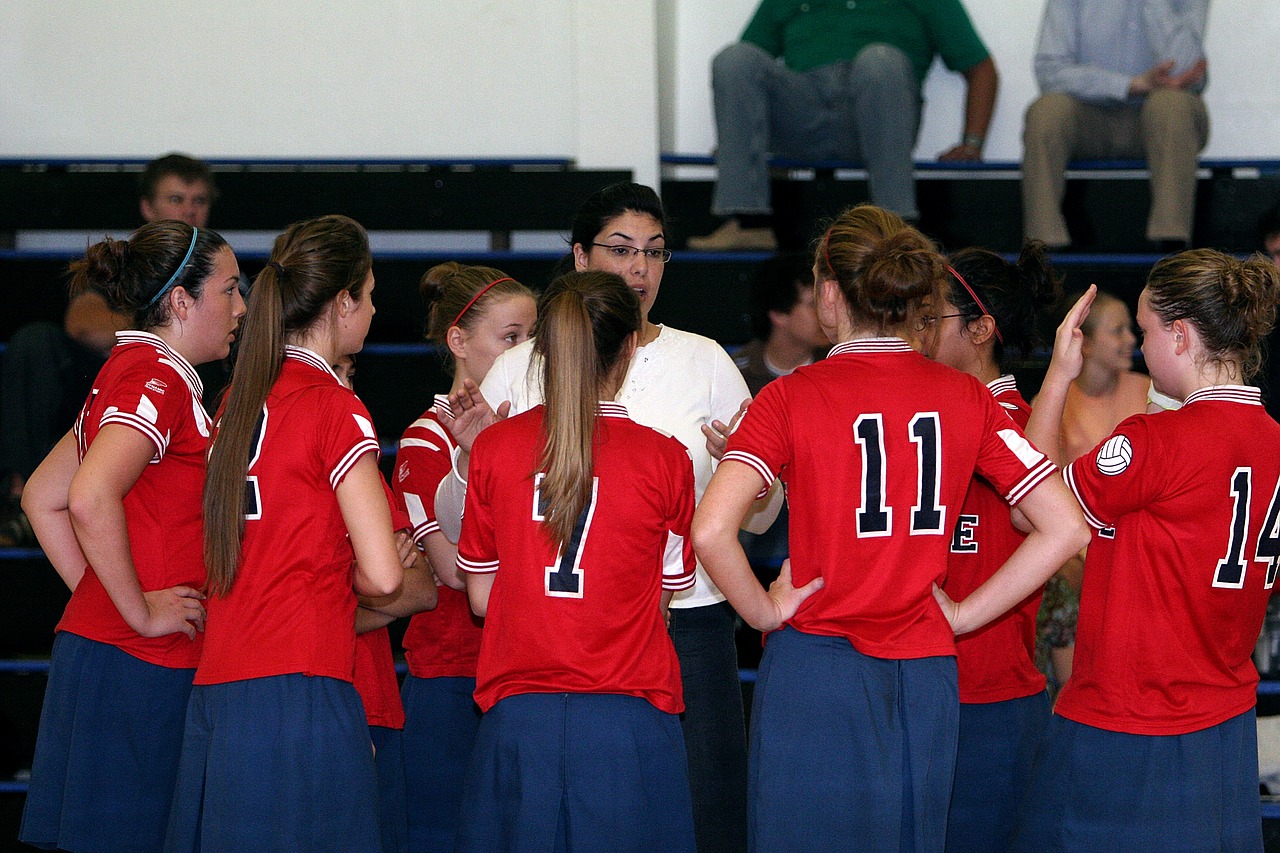OTAN News
Coaching Teachers to Success

Image  by Keith Johnston
by Keith Johnston  from Pixabay
from Pixabay 
As the need to integrate more technology into our schools and instruction for the benefit of our students increases, much of the burden falls on teachers to make this transformation happen. Some teachers are up for the challenge (read our previous OTAN news item, How to Identify Technology-Using Teachers at Your School, on who this would be in your setting), but the majority of teachers will need some sort of support.
The K-12 world has developed a solution that adult education should study: instructional coach. Although there is no standard definition of an instructional coach, this person tends to be an expert – typically, a former experienced teacher from inside or outside the school – who works with teachers individually and in small and larger groups to help them learn and adopt new teaching practices, provide feedback on performance, and help develop reflective practice among teachers. More schools are looking into instructional coaching in addition to or as a replacement for traditional professional development (workshops, onsite training, attendance at conferences, etc.) because of results that suggest that coaching is more effective and bring longer lasting results.
In her article Want Transformational Teachers? Here's Why Change Starts With Coaches, Jennie Magiera writes that coaches ideally should become change management leaders at their schools. Transformational coaching that will help teachers and staff be successful in their own development should:
-
Grow teacher mindset as well as skill set – Coaches can help develop both instructional skills as well as the mindset to experiment, take risks, and shed old practices for new.
-
Start with teacher goals on the road to larger systemic goals – Addressing individual goals gets buy-in from teachers and develops a level of trust among staff that is helpful in lessening pushback when tackling school-wide goals.
-
Set instructional coaches up for success – Coaches need their own professional development to strengthen their knowledge and understanding of coaching, including coaching conference attendance, online supports, and mentorship.
-
Make coaching visible – This includes both adding coaches to the school leadership team to help in school-wide transformation efforts and asking staff who are coached to provide testimonials that will encourage other staff to take advantage of coaching going on at the school.
Instructional coaching is a model worth studying for ideas on how to improve the professional development training teachers needs to better integrate technology into their practice. If we want to prepare our adult ed students for 21st century work and life, consider some of the lessons of instructional coaching for your teaching staff!
Article: Want Transformational Teachers? Here's Why Change Starts With Coaches from EdSurge

